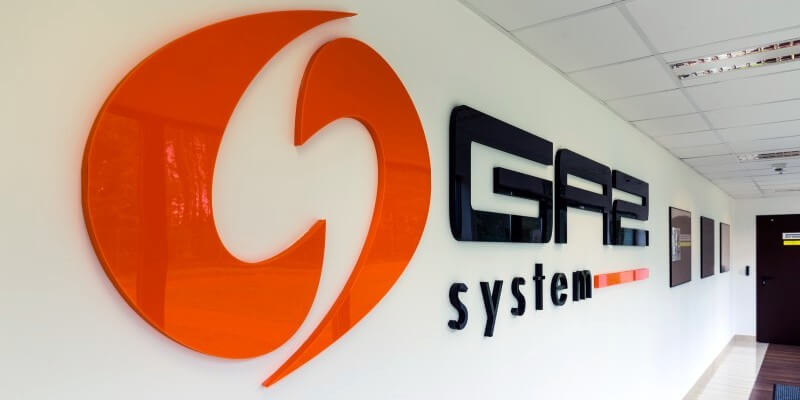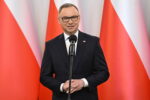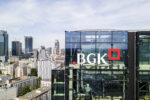Last Thursday Poland’s state-owned PGNiG presented its assessment of the European Commission’s settlement proposal with Gazprom, which is part of the antitrust investigation. Why is the Russian giant enjoying such exceptional leniency from Brussels? – writes Wojciech Jakóbik, Bieznesalert.pl’s chief editor.
The European Commission is not hesitating when it comes to punishing Facebook for breaking the antitrust law. However, it does not intend to fine Russia’s Gazprom.
Margrethe Vestager, the Commissioner for Competition, decided to punish Facebook for misleading investors on the WhatsApp takeover, a deal worth USD 21 billion. The fine can amount to up to 1% of a company’s annual revenue. In Facebook’s case this may be ca. EUR 250 million. The EC claims Facebook did not sufficiently explain to the market that it would link its users accounts with WhatsApp accounts that have the same name.
Previously Vestager imposed fines on Amazon and Apple. She is also running an investigation against Google. However, this resolve is missing when it comes to Gazprom. The Commissioner does not want to fine the Russian concern for the abuses it committed in Central and Eastern Europe, and which were confirmed by the EC. This decision is being criticized by Poland and the Baltic States. During the market test on Gazprom’s proposition the countries expressed their disapproval of the settlement. Vestager took that at face value. On 18 May at high noon, PGNiG held a press conference to present its assessment of the deal. Positive comments were nowhere to be heard.
If we connect the EC’s conciliatory approach to the antitrust investigation, with its decision to increase Gazprom’s access to OPAL, i.e. German’s Nord Stream 1 branch (blocked by the European Court of Justice thanks to PGNiG’s complaint), or the EC’s decision to strike a deal on a special legal regime for the controversial Nord Stream 2 pipeline, we can only wonder why the Russian giant is enjoying such an exceptional treatment in Brussels.






